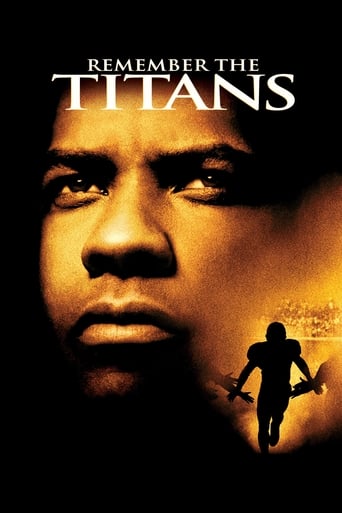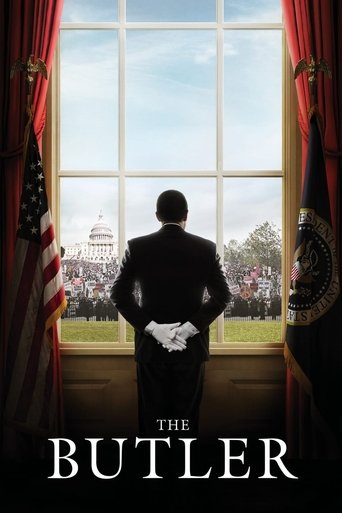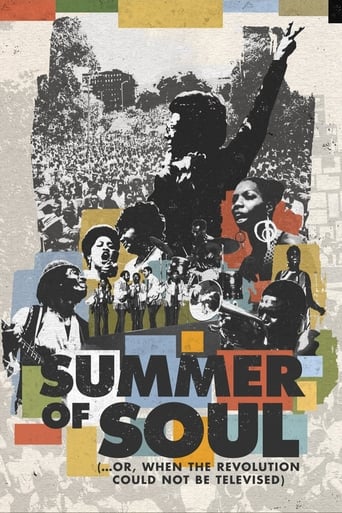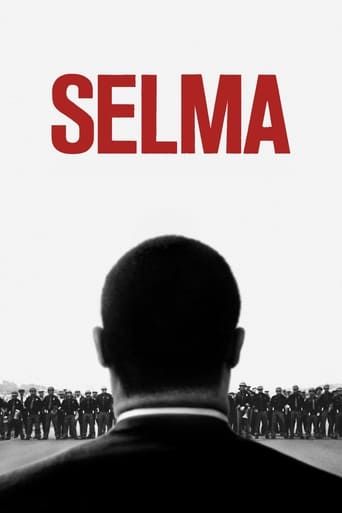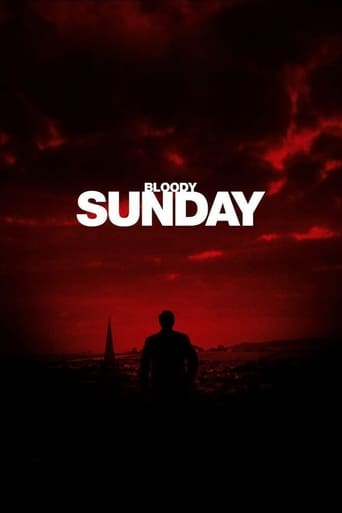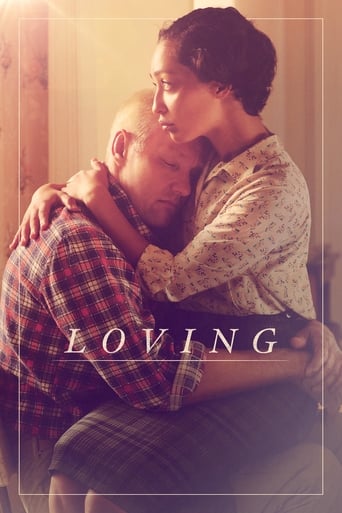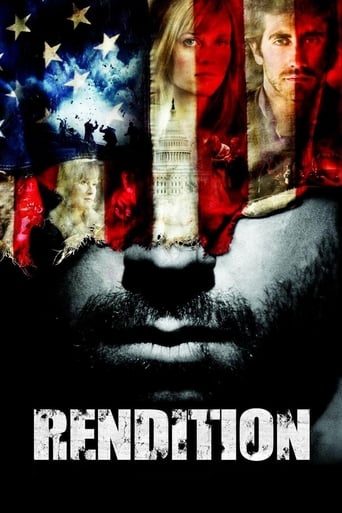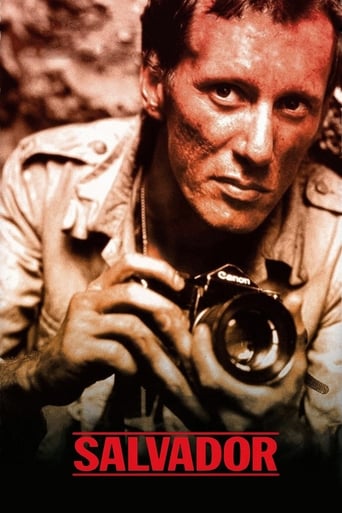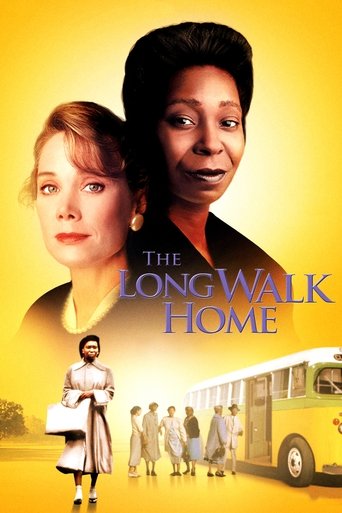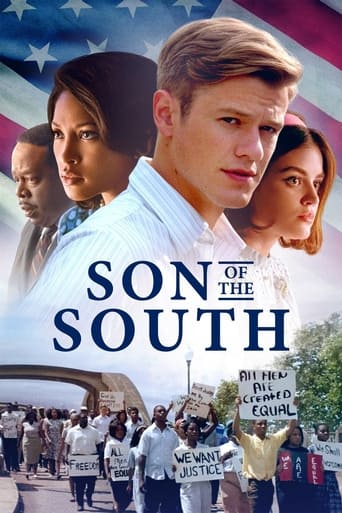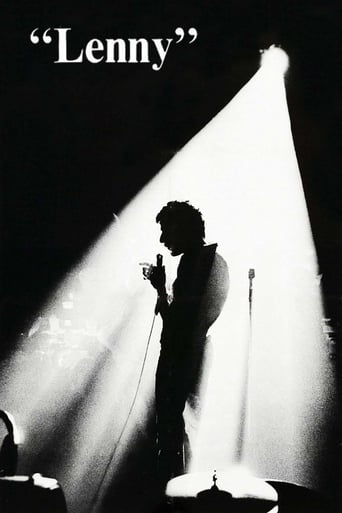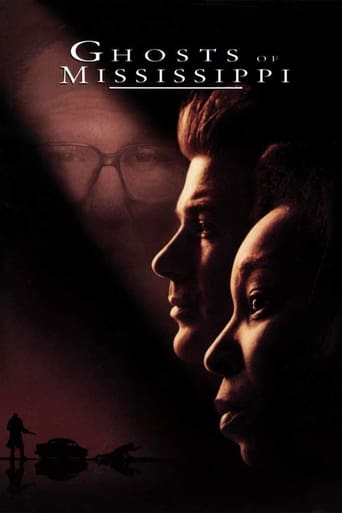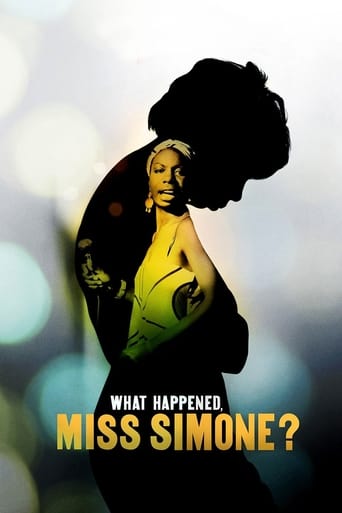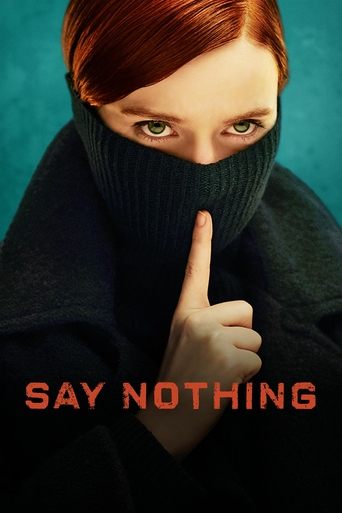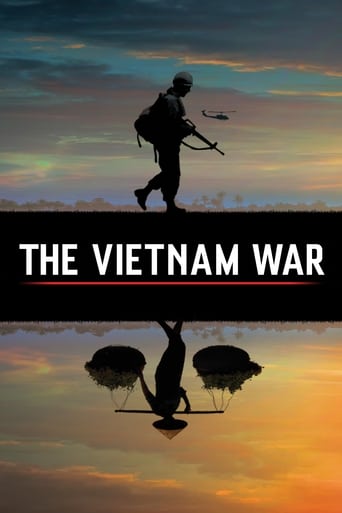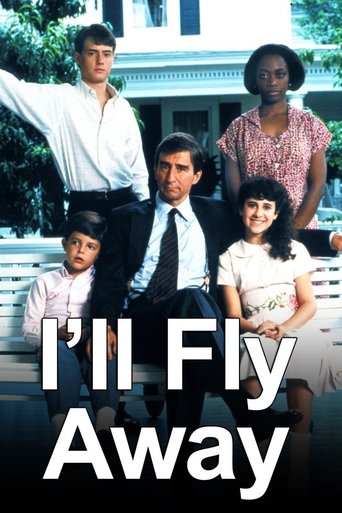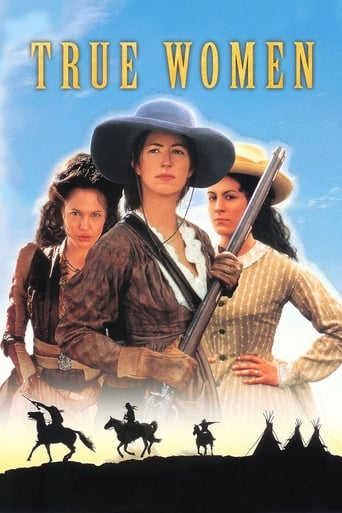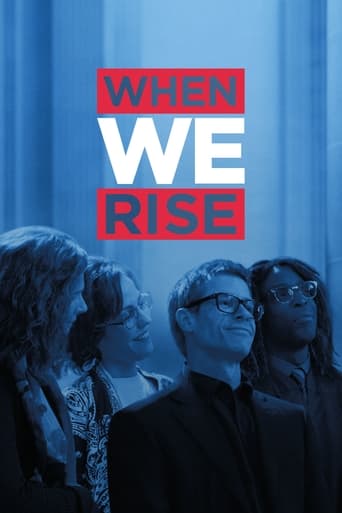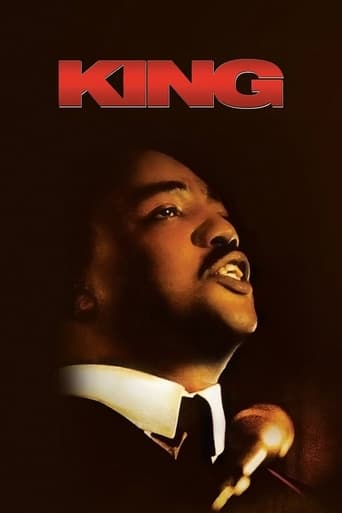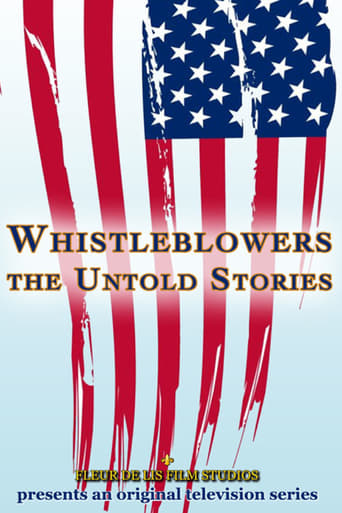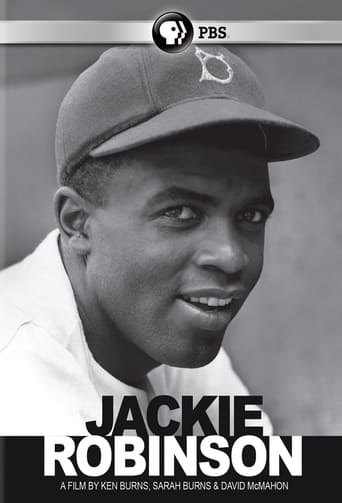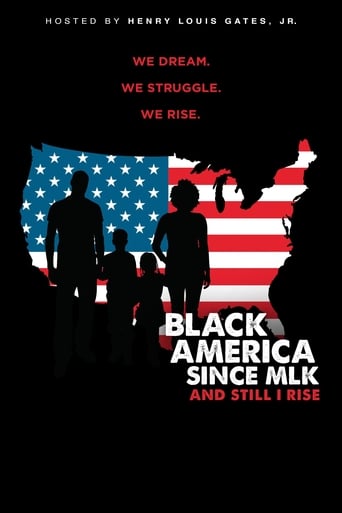कीवर्ड Civil Rights
Malcolm X 1992
बैरिस्टर रोमन जे. इज़रायल 2017
जब उसकी सीधी-सादी, ढर्रे पर चलने वाली ज़िंदगी में हलचल मचती है, तब नागरिक अधिकारों की पैरवी करने वाले जीनियस अटॉर्नी को, एक मुश्किल नैतिक फ़ैसले का सामना करना पड़ता है.
The Butler 2013
Driving Miss Daisy 1989
Selma 2014
सेबर्ग 2019
1960 के दशक के लॉस एंजिलीस में, ब्लैक पैंथर्स का समर्थन करने की वजह से अभिनेत्री जॉन सेबर्ग को एफ़बीआई की एक जांच का सामना करना पड़ता है. एक सच्ची कहानी पर आधारित.
Bloody Sunday 2002
Loving 2016
Rendition 2007
Salvador 1986
The Long Walk Home 1990
Son of the South 2021
Lenny 1974
Say Nothing 2024
Through the eyes of various Irish Republican Army (IRA) members, explore the extremes some people will go to in the name of their beliefs, the way a deeply divided society can suddenly tip over into armed conflict, the long shadow of radical violence for both victims and perpetrators, and the emotional and psychological costs of a code of silence.
The Vietnam War 2017
An immersive 360-degree narrative telling the epic story of the Vietnam War as it has never before been told on film. Featuring testimony from nearly 80 witnesses, including many Americans who fought in the war and others who opposed it, as well as Vietnamese combatants and civilians from both the winning and losing sides.
I'll Fly Away 1991
I'll Fly Away is an American drama television series set during the late 1950s and early 1960s, in an unspecified Southern U.S. state. It aired on NBC from 1991 to 1993 and starred Regina Taylor as Lilly Harper, a black housekeeper for the family of district attorney Forrest Bedford, whose name is an ironic reference to Nathan Bedford Forrest, the founder of the Ku Klux Klan. As the show progressed, Lilly became increasingly involved in the Civil Rights Movement, with events eventually drawing in Forrest as well. I'll Fly Away won two 1992 Emmy Awards, and 23 nominations in total. It won three Humanitas Prizes, two Golden Globe Awards, two NAACP Image Awards for Outstanding Drama Series, and a Peabody Award. However, the series was never a ratings blockbuster, and it was canceled by NBC in 1993, despite widespread protests by critics and viewer organizations. After the program's cancellation, a two-hour movie, I'll Fly Away: Then and Now, was produced, in order to resolve dangling storylines from Season 2, and provide the series with a true finale. The movie aired on October 11, 1993 on PBS. Its major storyline closely paralleled the true story of the 1955 murder of Emmett Till in Money, Mississippi. Thereafter, PBS began airing repeats of the original episodes, ceasing after one complete showing of the entire series.
True Women 1997
A story of love, friendship, survival and triumph spanning five decades from the Texas Revolution through the Civil War, Reconstruction and beyond.
When We Rise 2017
The personal and political struggles, setbacks and triumphs of a diverse family of LGBT men and women who helped pioneer one of the last legs of the U.S. Civil Rights movement from its turbulent infancy in the 20th century to the once unfathomable successes of today. The period piece tells the history of the gay rights movement, starting with the Stonewall Riots in 1969.
King 1978
The story of Dr. Martin Luther King Jr., stretching from his days as a Southern Baptist minister in the South of the 1950s until his assassination in Memphis in 1968.
The Last American Gay Bar 2024
The story of Iowa's legendary Blazing Saddle the community that built it.
Whistleblowers: The Untold Stories 2011
Showcasing the heroic deeds in and from every aspect of government and society, in a common quest to make the world a better place, free of corruption, discrimination and civil rights violations from around the globe!
Jackie Robinson 2016
Jack Roosevelt Robinson rose from humble origins to cross baseball’s color line and become one of the most beloved men in America. A fierce integrationist, Robinson used his immense fame to speak out against the discrimination he saw on and off the field, angering fans, the press, and even teammates who had once celebrated him for “turning the other cheek.” After baseball, he was a widely-read newspaper columnist, divisive political activist and tireless advocate for civil rights, who later struggled to remain relevant as diabetes crippled his body and a new generation of leaders set a more militant course for the civil rights movement.
Black America Since MLK: And Still I Rise 2016
A look at the last five decades of African American history since the major civil rights victories through the eyes of Henry Louis Gates, Jr., exploring the tremendous gains and persistent challenges of these years.
Indian Summer: The Oka Crisis 2006
Fictional portrayal of 'The Summer of 1990' in Kanehsatake: the major conflict between a Mohawk community and the Canadian and Quebec governments - over the expansion of a golf course into an aboriginal cemetery.
Murder in Mississippi 1970
Murder in Mississippi is a 1990 television movie which dramatized the last weeks of civil rights activists Michael "Mickey" Schwerner, Andrew Goodman and James Chaney, and the events leading up to their disappearance and subsequent murder in the summer of 1964. It starred Tom Hulce as Schwerner, Jennifer Grey as his wife Rita, Blair Underwood as Chaney, and Josh Charles as Goodman. Hulce received a nomination for Best Actor in a TV Miniseries at the 1990 Golden Globes. As a historical docudrama, Murder in Mississippi precedes the storylines of both 1975's Attack on Terror: The FBI vs. the Ku Klux Klan and 1988's Mississippi Burning. 'Murder in Mississippi is the title of a Norman Rockwell 1964 painting, depicting the same events. The painting is also known as: "Southern Justice."
